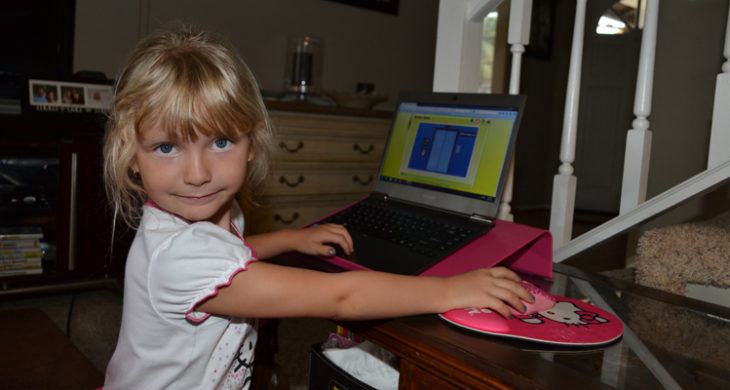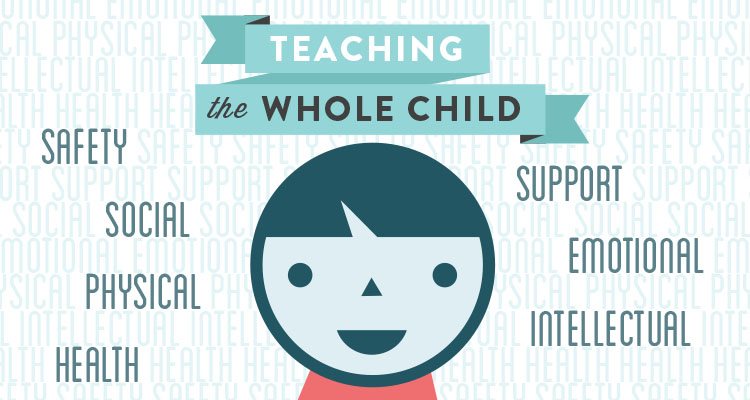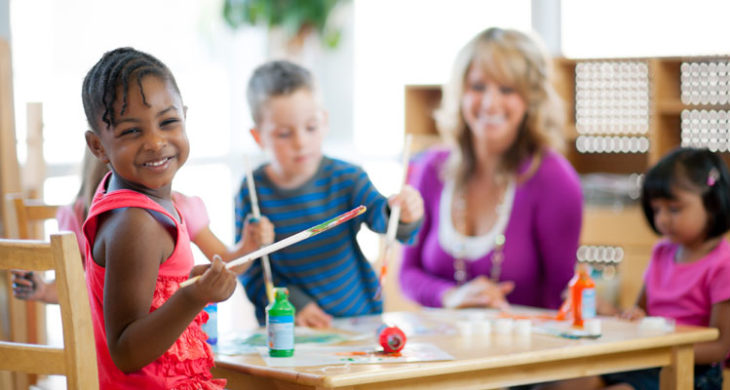Your kids are learning math and reading skills, but are they learning critical-thinking skills? In a recent study commissioned by MindEdge Learning, only 36 percent of millennials surveyed said they were “well-trained” in these skills. As many as 37 percent of the 1,000 young people surveyed admitted they were sharing information on their social media networks that was likely inaccurate news. And more than half of them used social media for their main source of news.
Frank Connolly, senior editor at MindEdge, notes, “By 2020, the World Economic Forum anticipates critical thinking will be the second most important skill to exhibit, second only to complex problem-solving.”
Kids need to learn critical-thinking skills to become successful adults. But how can parents and educators ensure kids learn to be critical thinkers? Here are four simple ways to communicate better with your child, while teaching them how to think for themselves, when it comes to dissecting and sharing news and information.
1. Teach Your Child to Question What They Read or Hear
Brainstorming is always a great skill that helps teach creativity. And parents can use many types of news to start a brainstorming session—a new bit of juicy gossip, something that sounds scary, or something exciting are all an open door for exploration and discussion. Teach your children to ask questions and even find out who is spreading such information. Is it a reliable news source? A tabloid? A fellow classmate who has only heard it from someone else? The right questions can lead to discussions about the state of the world or other relevant topics.
2. Make Thinking a Family Affair
In today’s world, where so many kids are glued to their digital devices, how can you start discussions that foster critical thinking? Use the times that you are together as a family—around the dinner table, during long car rides, or while on a weekend picnic—to bring up topics that encourage questions and problem-solving techniques. “What do you think of such-and-such?” Or, “What is your opinion on ____?” Leave the floor open for discussion, and always be open-minded yourself during these conversations.
3. Go Deeper
Encourage your kids to read books on similar topics, watch movies related to the topic, or visit the local library together to study and keep the conversation going. Don’t be afraid to let them explore a topic of interest. If they are showing some critical-thinking skills in the realm of politics, for example, you can study world history or watch relevant documentaries on the subject.
4. Teach Them to Be Socially Responsible
Talk about their social network “news” and why it may or may not be a good idea to share certain stories. During your discussions, bring up the point about their social networks being a public platform, which can either be used for good or have negative repercussions and even be a place for “fake news.” Teach them to pause and check in with themselves before automatically sharing something on the internet.
Remember, critical thinking is more than just being rational. It’s about the ability to think independently. When your children are able to draw their own conclusions and make up their own minds on matters, without being “swayed” by peers or even other adults, then they will be true critical thinkers!
,










